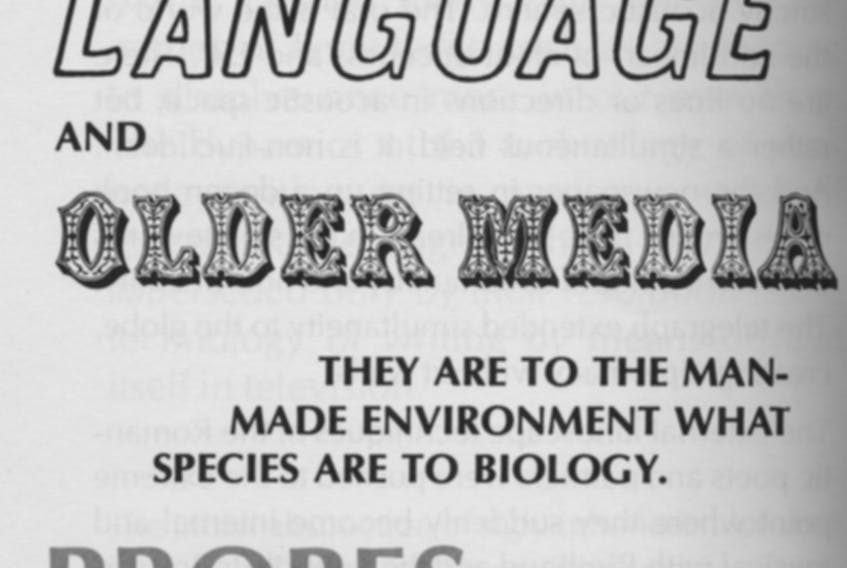BY BERNARD J. CALLAGHAN
GUEST OPINION
Often, I long for television’s “Little House on the Prairie,” but then my wife wisely tells me, despite the violent stories, we need to follow the TV news. Burying our heads in the sand like an ostrich would be irresponsible. That said, we still require a guardian of the media like Marshal McLuhan (1911-80) to separate facts from lies, or fake news. How can he help us?
we must understand McLuhan’s language. He coined timeless insights like the medium (television) is the message. This pithy, apparently illogical aphorism, still baffles many because McLuhan seems to be confusing the what (content) of a program with its how (form).
The Kennedy/Nixon 1960s TV debate will clarify what McLuhan means. Kennedy faced the camera with his carved profile: shaven, chiseled face, and cow lick over his brow. With his catchy Boston accent, he was the epitome of confidence.
RELATED: Celebrity reaction to the testimony of Christine Blasey Ford
In contrast, Nixon with his five o’clock shadow, steely eyes, and bad camera angle appeared like a hit man. America asked, “Would you vote for this man?” The answer, of course, was, “No!”
above debate was a clear example of the medium is the message. Kennedy’s TV image interplaying with his polished debating helped him win the presidency.
Next, we ask was the recent Ford/Kavanaugh hearing a repeat of the Kennedy/Nixon debate, or was there a different McLuhan principle working?
Christine Blasey Ford’s was a woman under siege. Her loose hair, puckered mouth and, shaky voice painted a victim; her riveting testimony about the alleged sexual assault by Kavanaugh gripped a nation.
On the other hand, Kavanaugh was like a pit bull. His frown, tone, and fiery eyes portrayed an aggressor.
According to image, Ford was clearly the winner, but not like Kennedy over Nixon. Ford could not recollect enough essential detail. Thus, days later the Senate sealed her fate by approving Kavanaugh, despite his baggage. What would McLuhan have said?
Again, McLuhan would consider the effect on an audience glued to their TV sets. He would likely say these phenomena would not have happened as intensely in the 40s and 50s because radio appealing only to one sense (making it a “hot” medium) would have less impact.
However, television because it taps into sight, hearing, associations, and memories (the total person) is involving or cool, according to McLuhan. This observation is indeed a profound comment on the effect of television which can have an isolating effect too.
For example, a family watching “Game of Thrones” might be so into the program they would likely ignore any person interrupting them because the viewers would be glued, enthralled or even lost in the story. Is this foregoing oblivion what happened when an audience, for whatever legitimate reason, was glued to their sets during the Ford/Kavanaugh hearing? If the answer is yes, we must heed the power of saturation television.
conclusion, Marshall McLuhan’ insights into television -- indeed, all electronic media -- can help us determine if they are manipulating or serving us.
- Bernard J. Callaghan is a retired teacher and writer living in Charlottetown.









